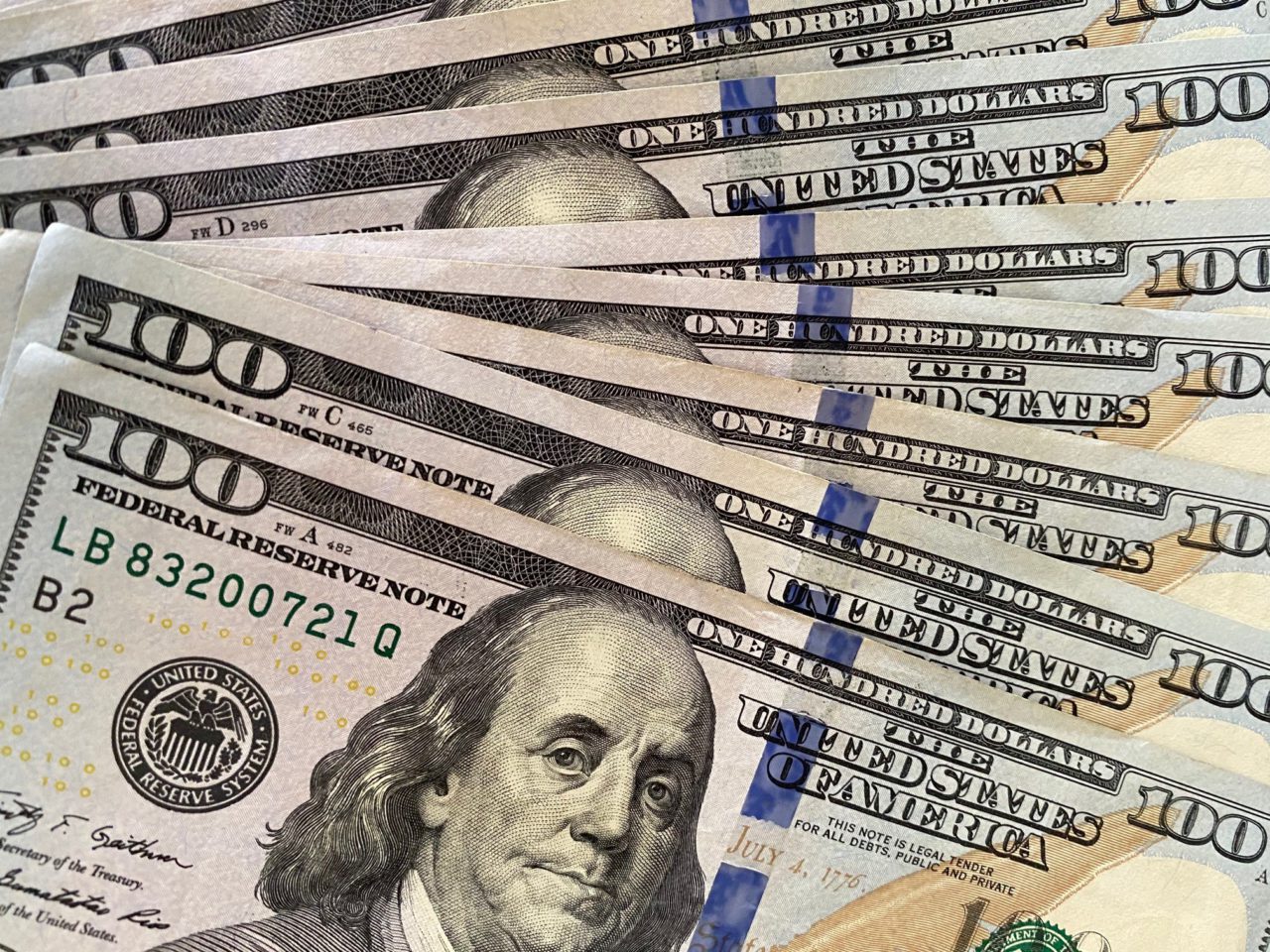Many businesses were able to “make a lot of hay while the sun was shining” so to speak during Covid.; the obvious pandemic benefactors being manufacturers of paper goods, chemicals for hand sanitizers, and retailers that benefited from a radical shift in consumer buying patterns.
The other winners were the astute businesses that had the foresight to keep a good cash reserve. They weathered this storm, at least until the cash ran out, or PPP became available, or they created and offered new products and/or services. All these factors contributed to surviving the pandemic in better shape than most.
For some companies, the decision to maintain a solid cash reserve can be a tradeoff: limiting inventory on hand, hiring less staff, investing less in sales and marketing, or holding off on capital investments.
How is your supply chain today? What are your staffing challenges? How is your sales funnel holding up? Has your sound business decision to hold onto cash put you at a competitive disadvantage today?
Some businesses today are confronted with long delays in everything from manufacturing to construction to service issues, all for want of supply chain availability or lack of people to hire.
Few companies saw this coming or could have second guessed maintaining a cash reserve might limit them later. Hindsight is always 20/20 but perhaps this is a lesson learned for the future.
The Thrivers
Call it contingency planning, war gaming, probabilistic risk analysis, or plain looking ahead, consider the “what ifs.” Where else can you get supplies, even if they cost more? Where else can you get staff, even if they are virtual or contract? How else can you transport goods to customers? Toyota was smart and stocked up on semiconductor chips – it has made them extra competitive during the current shortage.
Every business is different but a cultural mindset that anticipates, “what if”, can get preferred status, which many companies wish they had right now. Those that do, have a competitive advantage.
Some of our clients have created competitive advantages by being preferred customers to their vendors. How? Pay on time or early. Willingly pay more. Order right the first time. Keep returns to a minimum. Do favors for your suppliers. Introduce them to new customers. Make it easy to do business with you.
One company now boasts about being first in line for back order supplies because they have been paying more. If you do something different to ensure that you do not become a “supply line issue” for your customers, tell them! Reinforce what it costs you to be in preferred status. After all, you have invested in a competitive advantage. Tell your suppliers and tell your customers!

